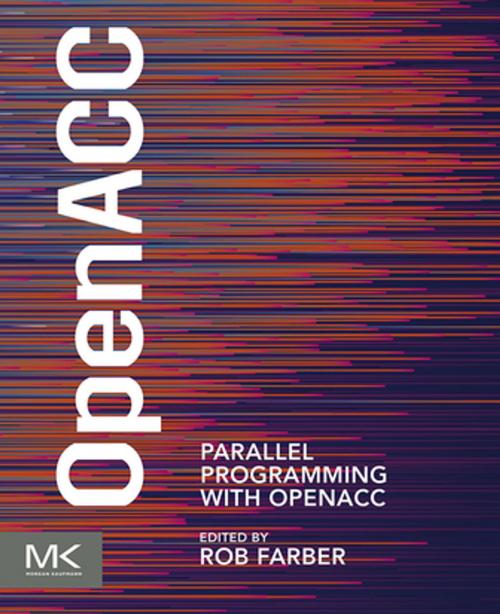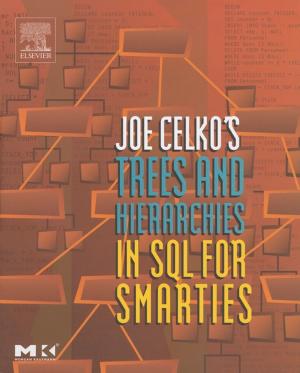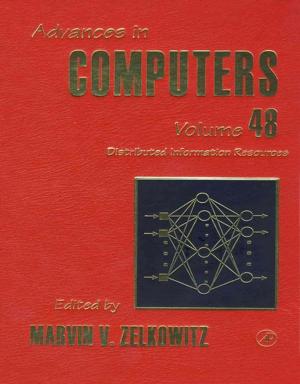Parallel Programming with OpenACC
Nonfiction, Computers, Application Software, Multimedia, Programming, Programming Languages, General Computing| Author: | Rob Farber | ISBN: | 9780124104594 |
| Publisher: | Elsevier Science | Publication: | October 14, 2016 |
| Imprint: | Morgan Kaufmann | Language: | English |
| Author: | Rob Farber |
| ISBN: | 9780124104594 |
| Publisher: | Elsevier Science |
| Publication: | October 14, 2016 |
| Imprint: | Morgan Kaufmann |
| Language: | English |
Parallel Programming with OpenACC is a modern, practical guide to implementing dependable computing systems. The book explains how anyone can use OpenACC to quickly ramp-up application performance using high-level code directives called pragmas. The OpenACC directive-based programming model is designed to provide a simple, yet powerful, approach to accelerators without significant programming effort.
Author Rob Farber, working with a team of expert contributors, demonstrates how to turn existing applications into portable GPU accelerated programs that demonstrate immediate speedups. The book also helps users get the most from the latest NVIDIA and AMD GPU plus multicore CPU architectures (and soon for Intel® Xeon Phi™ as well). Downloadable example codes provide hands-on OpenACC experience for common problems in scientific, commercial, big-data, and real-time systems.
Topics include writing reusable code, asynchronous capabilities, using libraries, multicore clusters, and much more. Each chapter explains how a specific aspect of OpenACC technology fits, how it works, and the pitfalls to avoid. Throughout, the book demonstrates how the use of simple working examples that can be adapted to solve application needs.
- Presents the simplest way to leverage GPUs to achieve application speedups
- Shows how OpenACC works, including working examples that can be adapted for application needs
- Allows readers to download source code and slides from the book's companion web page
Parallel Programming with OpenACC is a modern, practical guide to implementing dependable computing systems. The book explains how anyone can use OpenACC to quickly ramp-up application performance using high-level code directives called pragmas. The OpenACC directive-based programming model is designed to provide a simple, yet powerful, approach to accelerators without significant programming effort.
Author Rob Farber, working with a team of expert contributors, demonstrates how to turn existing applications into portable GPU accelerated programs that demonstrate immediate speedups. The book also helps users get the most from the latest NVIDIA and AMD GPU plus multicore CPU architectures (and soon for Intel® Xeon Phi™ as well). Downloadable example codes provide hands-on OpenACC experience for common problems in scientific, commercial, big-data, and real-time systems.
Topics include writing reusable code, asynchronous capabilities, using libraries, multicore clusters, and much more. Each chapter explains how a specific aspect of OpenACC technology fits, how it works, and the pitfalls to avoid. Throughout, the book demonstrates how the use of simple working examples that can be adapted to solve application needs.
- Presents the simplest way to leverage GPUs to achieve application speedups
- Shows how OpenACC works, including working examples that can be adapted for application needs
- Allows readers to download source code and slides from the book's companion web page















